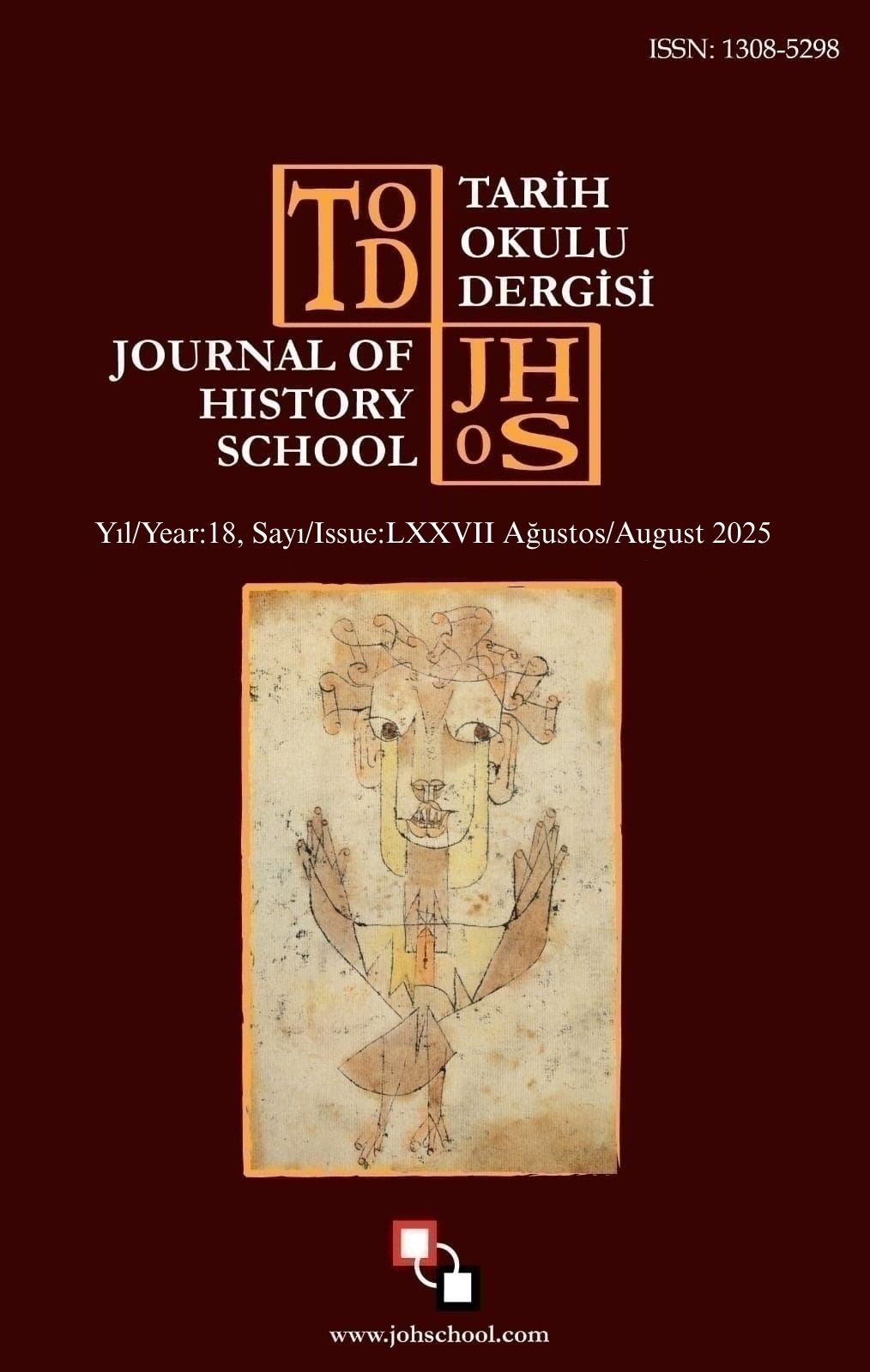Author :
Abstract
Osmanlı Devleti’nin askeri sınıfını oluşturan üç sınıftan biri olan ilmiye teşkilatı medrese mezunlarından oluşmaktadır. Medrese mezunları kuruluş yıllarında istihdam sorunu yaşamadan hemen atanabilmişlerken mezun sayısında artış yaşanmaya başlanınca mülâzemet sistemi yeniden düzenlenmiş ve daha nitelikli olanlarının öncelikli olarak göreve başlamalarını sağlamak amacıyla mülâzım adaylarının kendisine mülâzemet kotası verilen ilmiye mensuplarının yanında mülâzım olabilmek için bir nevi eğitim hayatlarını devam ettirmeleri esası getirilmiştir. Mülâzım olan kadı ve müderris adayları mülâzemet defteri adı verilen defterlere kaydedilmiştir. Bu çalışmada 17. yüzyıla ait 11 mülâzemet defteri ulema çocuklarını tespit için incelenmiştir. Çalışma ile Osmanlı tarihinin tartışmalı konularından biri olan nepotizmin en azından baba oğul ilişkisi açısından yaygın olup olmadığına dair bilgiye sayısal verilerle netlik kazandırılmaya çalışılmıştır. Bu defter verileri ışığında Osmanlı ilmiye teşkilatında liyakatin ne denli etkili olduğu ve nepotizmin yaygın olup olmadığı hususu tartışılmıştır. Çalışma ile babası ulema olan mülâzımların hangi yollarla mülâzım oldukları ayrıca tespit edilmiştir.
Keywords
Abstract
The ilmiye organization, one of the three classes that constituted the military class of the Ottoman State, was composed of madrasah graduates. While the graduates of the madrasah were able to be appointed immediately without experiencing employment problems during the foundation years, when the number of graduates started to increase, the mulazemet system was rearranged and in order to ensure that the more qualified ones started their duties first, the principle that the mulazemet candidates should continue their education in a way in order to become mulazems alongside the ilmiye members who were given a mulazemet quota was introduced. The mulazemet candidates were recorded in the books called mulazemet registers. In this study, 11 mulazemet registers from the 17th century were examined to identify the children of ulemas. The study attempted to clarify with numerical data the information on whether nepotism, one of the controversial issues of Ottoman history, was widespread, at least in terms of father-son relations. In the light of these book data, the extent to which merit was effective in the Ottoman ilmiye organization and whether nepotism was widespread were discussed. The study also determined the ways in which mulazems whose fathers were ulemas became mulazems.





